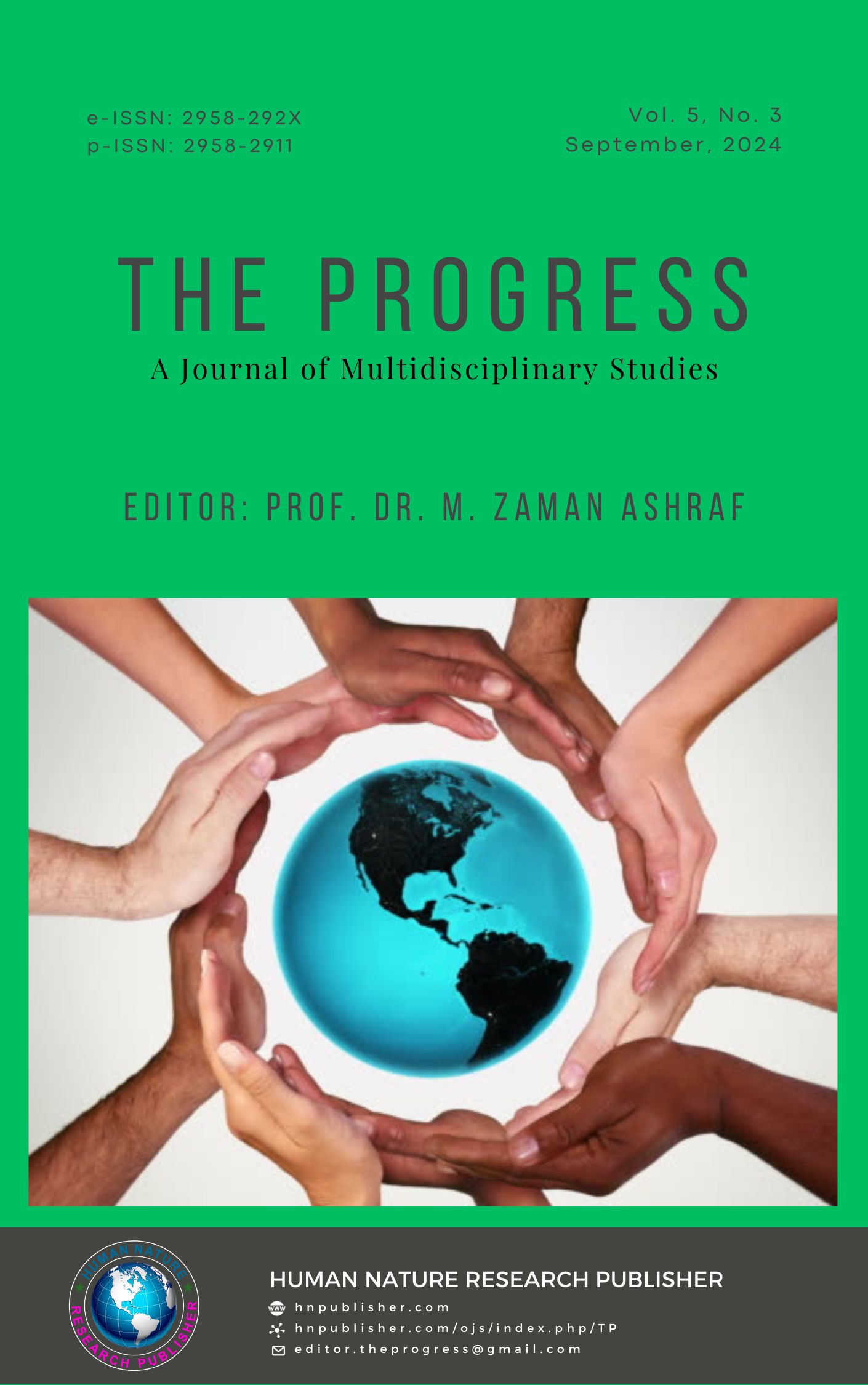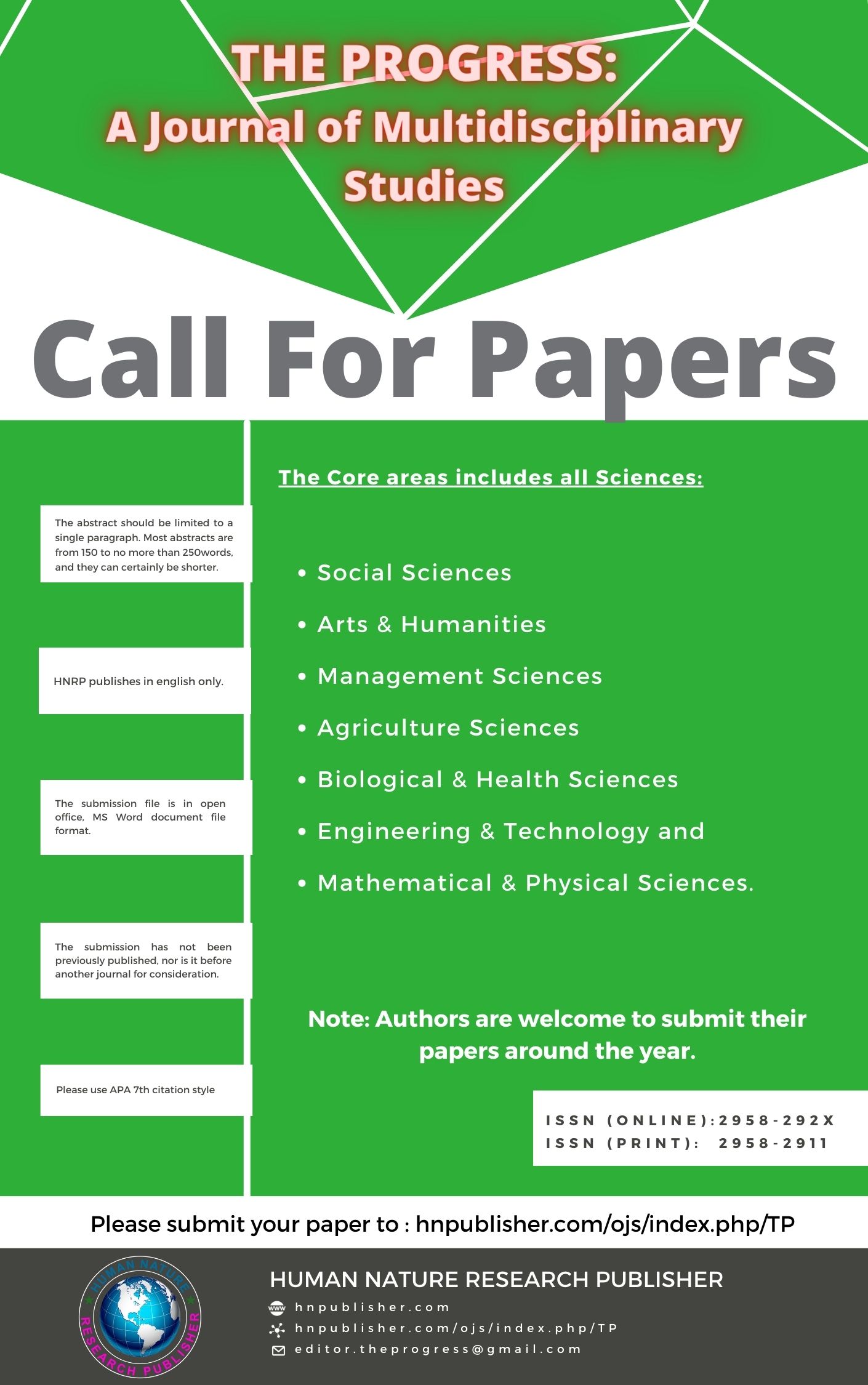Students' Study Habits as Correlates of Academic Achievement in Public Secondary Schools in Anambra State Nigeria
DOI:
https://doi.org/10.71016/tp/40ejwd85Keywords:
Study Habits, Academic Achievement, Secondary Schools, Mathematics Performance, Gender Differences, Urban-rural DisparityAbstract
Aim of the Study: This research investigated the relationship between students' study habits and academic achievement in mathematics among public secondary schools in Anambra State. The study aimed to determine how study habits correlate with academic performance and whether these relationships vary by gender and geographical location.
Methodology: Data collection was carried out using a self-constructed questionnaire, with validation and reliability established by experts in measurement and evaluation and an educational psychologist. The Pearson Product Moment Correlation Coefficient was used to calculate the questionnaire's reliability index. A sample of 400 Senior Secondary School II (SS II) students, equally divided by gender, was selected from 18 public secondary schools across both urban and rural areas in Anambra State. Data were collected through direct administration of the instruments, and analysis was performed using Pearson's product-moment correlation coefficient to address the research questions and test the hypotheses at a significance level of 0.05.
Findings: Results showed a moderate positive correlation (r = .456) between study habits and academic performance overall. For gender differences, study habits had a low positive correlation (r = .398) with academic achievement for males and a moderate positive correlation (r = .495) for females. Urban and rural students both exhibited a moderate positive relationship (r = .455 for urban, r = .453 for rural) between study habits and academic performance. All correlations were statistically significant, indicating that effective study habits are crucial for improving academic achievement regardless of gender or location.
Conclusion: The research suggests targeted interventions to address gender and geographical variations in study habits. It also acknowledges limitations and recommends further investigation into study habits and academic achievement in different educational contexts.
Downloads
Published
Issue
Section
License
Copyright (c) 2024 Chikaodili Benedine Nwizuzu (Author)

This work is licensed under a Creative Commons Attribution-NonCommercial 4.0 International License.








